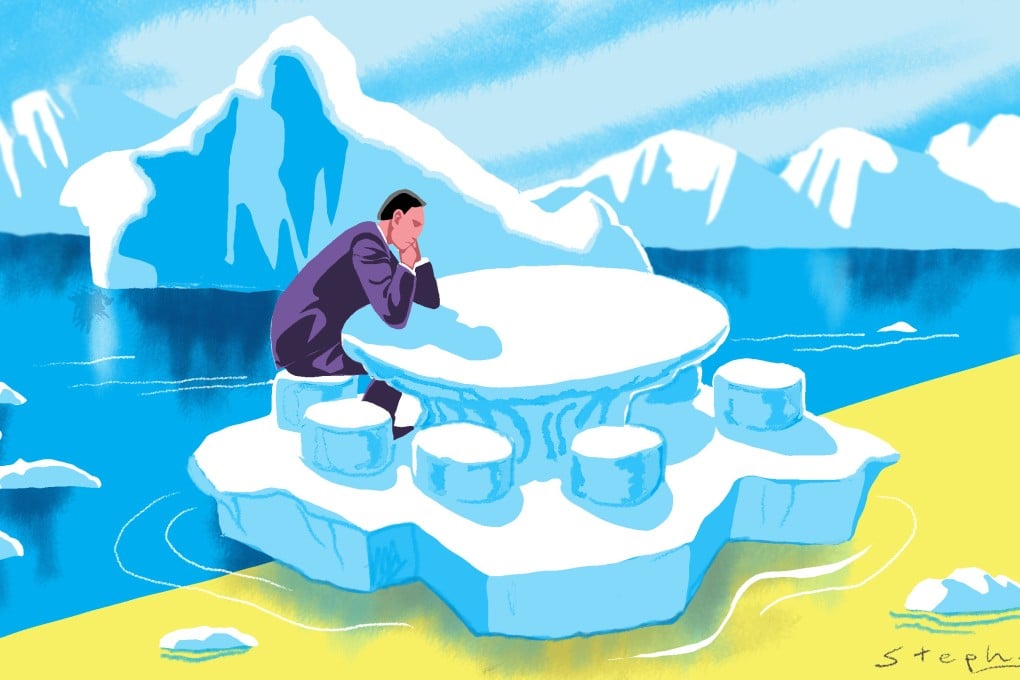Opinion | As war in Ukraine freezes the Arctic Council, how will Asia break the ice?
- Geopolitics is complicating cooperation in the resource-rich, climate-critical Arctic region
- The five Asian observer states of China, Japan, South Korea, Singapore and India need to examine their engagement in a globalised Arctic in flux

Climate change has made the Arctic and its potential resources more accessible. This has changed the geopolitical landscape, and more countries are now focused on the Arctic, including in distant Asia. For China, Japan, South Korea, Singapore and India, their observer status ensures that they are involved in determining the future of the Arctic, a region they believe will affect their economic interests and the environment.
After these five states were granted observer status in May 2013, South Korea was the first to release an official Arctic policy, updating it five years later in 2018. Japan, whose Arctic initiatives were first documented in its 2013 Basic Plan on Ocean Policy, put out its official Arctic Policy in October 2015.
Finally, in March last year, India published its long-awaited Arctic policy, showing an understanding of the major tendencies in Arctic geopolitics and business.

